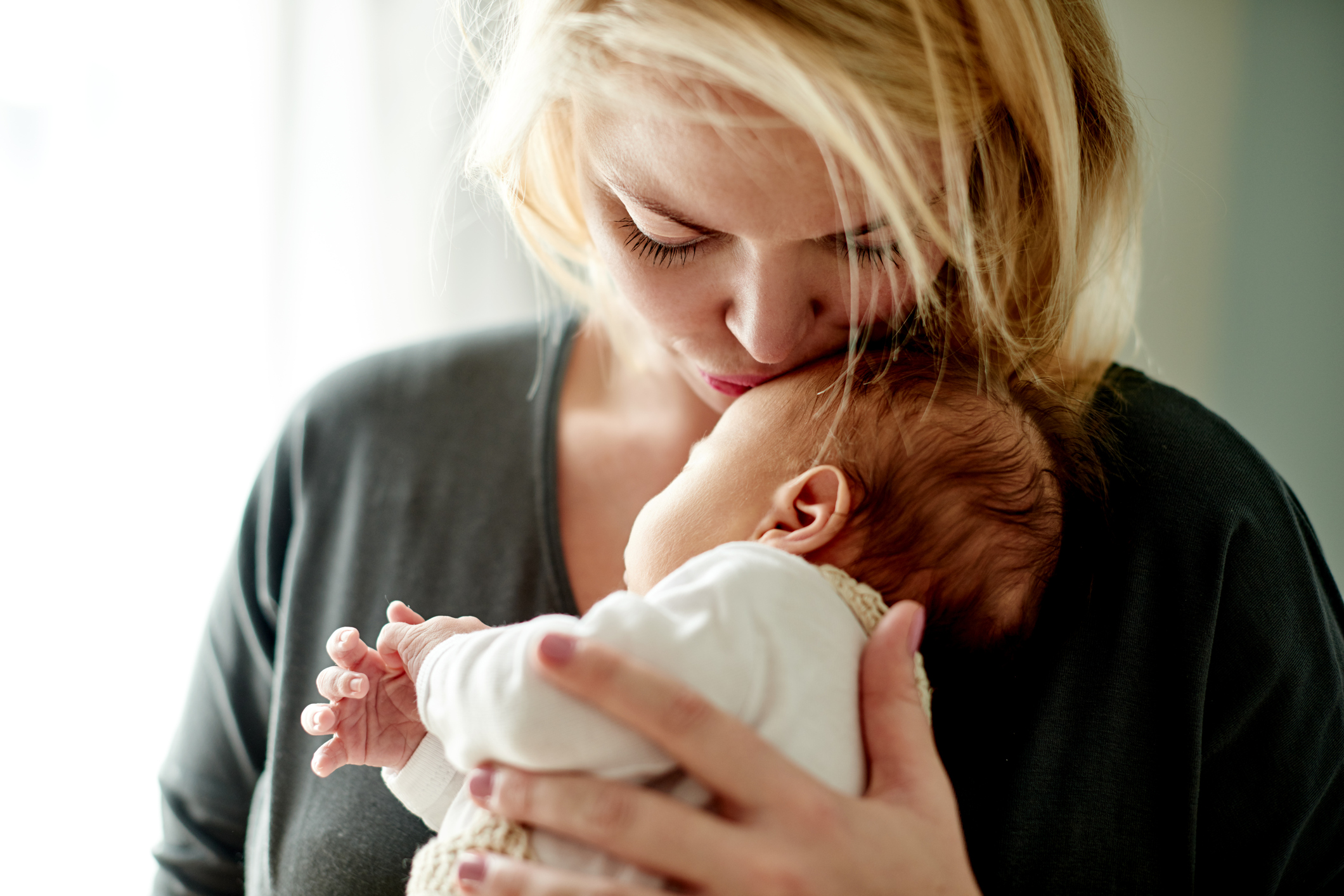Childbirth is undeniably one of the most overwhelming moments in a woman’s life and even if the delivery goes as well as you could possibly imagine, it is common to suffer from different consequences, physical or psychological.
In the year following delivery, 1 woman out of 10 will experience what we call PND (postnatal depression) or Baby Blues. As a psychological effect of childbirth, the signs of postnatal depression can be subtle and not as easy to recognise as we imagine.
Here’s a little guide to help you spot the signs of postpartum depression and how you can benefit from osteopathy.
Postnatal Depression(PND): how to get better?
Alongside physical traumas women may encounter following childbirth, postnatal depression can rise and appear gradually without you really noticing clearly. The main symptoms are mostly similar to “common” depression including tiredness, low mood and anxiousness. But other signs can as well be present and it’s important to know them, so they can alarm you and make you put a word on what you are experiencing.
The signs and symptoms of Postnatal Depression (PND) and Baby Blues: a guideline
Of course, a symptom on its own can’t be necessarily a sign of depression and this is why it might be hard to find out if you are suffering from Baby Blues or PND. But if you are experiencing more of only one symptom listed down below, then it may be worth talking to a specialist and getting informed about which methods can help you get better:
- Sadness
- Excessive crying
- Loss of interest in things or even in your baby
- Lack of enjoyment or excitation about anything
- Sleeping issues
- Feeding issues
- Bonding issues with your newborn
- Self-neglect
- Anxiety and insecurities
- Constant worrying towards your baby
- Lack of communication with other people
- Self-confinement
- Lack of concentration
- Irritability
- Inability to make decisions
- Irrational fears
- Low mood and mood swings
- Paranoia
- Feeling of despair, failure and guilt
- Self-deprecation
- Persistent tiredness
- Tension in your body
Postnatal depression and Baby Blues will mainly have the same symptoms. Where the difference hits, is that Baby Blues is a term designing a more temporary postpartum condition which mostly can be caused by a lack of sleep and exhaustion appearing after childbirth. It’s a very common condition and completely normal.
PND will be an extended and amplified version of common Baby Blues and the symptoms listed above, making it more difficult to diagnose but more dangerous too. This is why it is important to take good care of yourself and seek help if you are feeling alarmed by your current state.
How can I treat my Postnatal Depression(PND) or Baby Blues with postnatal osteopathy?
From medicine to support groups or even exercises and a lot of rest, several treatment options can be available for all in order to get through PND or Baby Blues. But what you might consider as well is to get a postnatal osteopathy assessment.
Your body has gone (and is still getting) through a lot with the 9 months of pregnancy, the delivery and the exhaustion caused by your new parent life. Tiredness, irritability and every psychological effect caused by Baby Blues or PND can have an impact on your body and vice-versa. You’re feeling unbalanced, your body doesn’t respond correctly and while stress is present in your mind, tension can as well emerge on a physical level, as well as muscle aches that might appear after a difficult delivery.
So what can postnatal osteopathy do for you? In one word: rebalancing.
By working on the overall structure of your body and releasing all the physical tensions you might be feeling with gentle techniques on specific spots, osteopathy will rebalance your state, body and mind, which will bring physical and psychological benefits and will reduce your stress or any negative feelings you might be having.
A more relaxed and restful body will lead to a more relaxed mind.
You and your baby are a team
A postpartum osteopathy assessment is as important for your baby as it is for you. Childbirth is inevitably a traumatic moment for babies as well, suddenly brought into this world, sometimes naturally or with the help of manual force and obstetrical tools. Symptoms of stress and irritability can rise on their side too, potentially leading to a feeling of tension in your relationship with them.
By rebalancing your baby’s body and relaxing it, the benefit of paediatric cranial osteopathy will work on your own state as well as on your physical and emotional fatigue. A happier baby, a happier mom.
For more information about postnatal depression, Baby Blues and traumatic birth in women: Click here
If you have any questions or would like to book an appointment with a specialist at home or at the practice: 0207 125 0262
Other topics you might be interested in:




